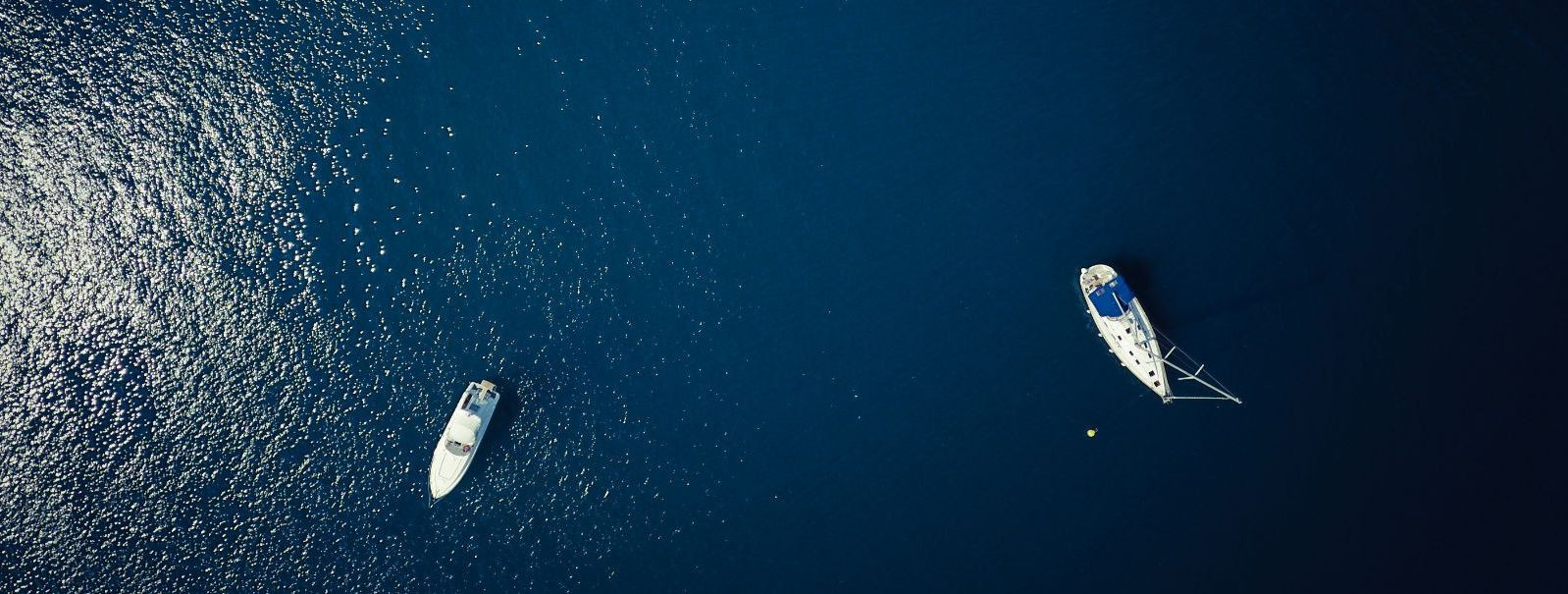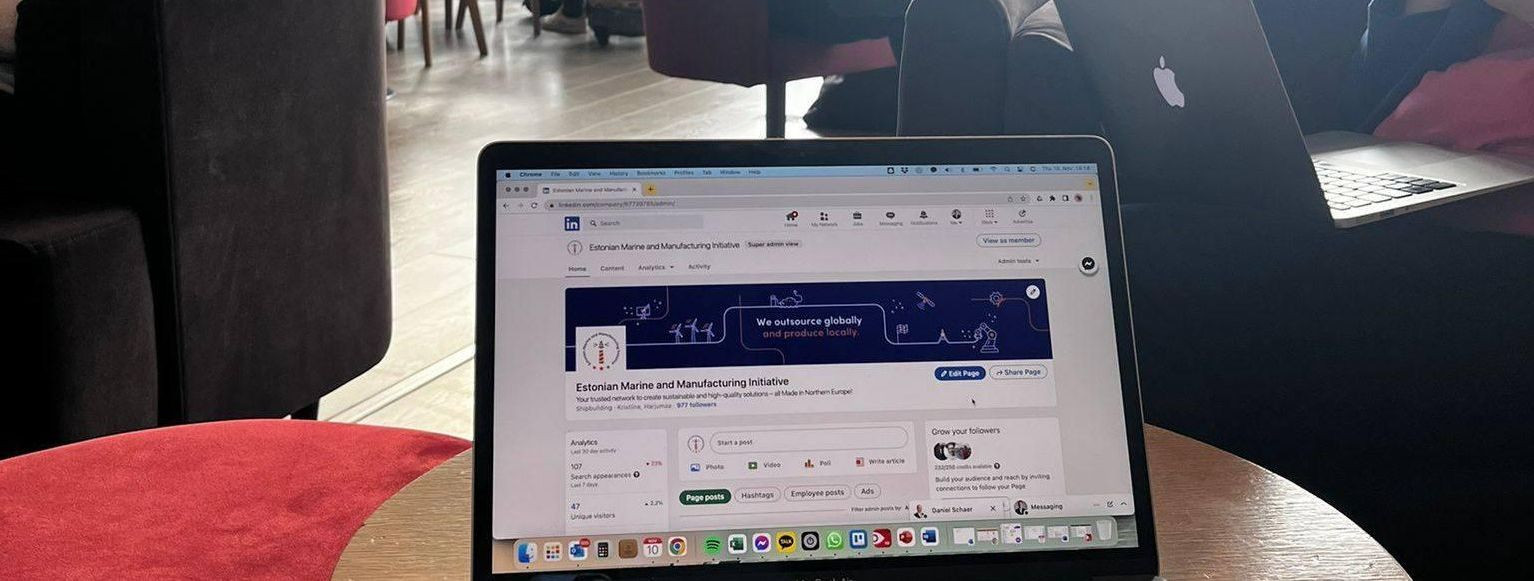The future of ship management: trends to watch
The maritime industry stands at the cusp of a new era, with technological innovation and environmental concerns driving significant changes in ship management. As we navigate through these transformative times, it is crucial for maritime companies, shipbuilders, and marine project managers to stay abreast of the emerging trends that will shape the future of this vital sector.
Technological Advancements Shaping the Future
The integration of automation and AI into ship management is revolutionizing operations, from predictive maintenance to autonomous shipping. These technologies not only enhance efficiency but also improve safety and reduce human error.
Leveraging big data and analytics allows for more informed decision-making and predictive maintenance, minimizing downtime and extending the lifespan of maritime assets.
IoT technology enables real-time monitoring and control of various ship systems, leading to optimized performance and energy management.
Environmental Sustainability and Regulation Compliance
With the maritime industry under pressure to reduce its environmental footprint, the adoption of green technologies and alternative fuels such as LNG, hydrogen, and biofuels is accelerating.
Compliance with environmental regulations, including the International Maritime Organization's (IMO) 2020 sulphur cap, is pushing the industry towards cleaner operations and sustainable practices.
Enhanced Safety and Security Measures
Modern navigation systems, incorporating the latest in satellite and communication technologies, are essential for the safe passage of vessels in increasingly congested waterways.
As ship operations become more connected, the threat of cyber-attacks grows, necessitating robust cybersecurity measures to protect sensitive data and ensure continuity of operations.
Workforce Development and Training
The maritime workforce must adapt to the technological shifts, requiring ongoing training and upskilling to handle advanced ship management systems.
The trend towards remote operations demands a new set of skills for managing ships from afar, emphasizing the need for sophisticated communication and control systems.
Globalization and the Changing Supply Chain
As global trade patterns shift, maritime companies must adapt to new routes and trade flows, which can impact ship management strategies.
The volatility of global supply chains, exacerbated by events such as the COVID-19 pandemic, requires flexible and resilient ship management solutions to navigate uncertain waters.
Explore the future of ship management with GALANEIA OÜ, where innovation meets efficiency. Contact us for cutting-edge solutions tailored to your maritime needs.






Comments (0)